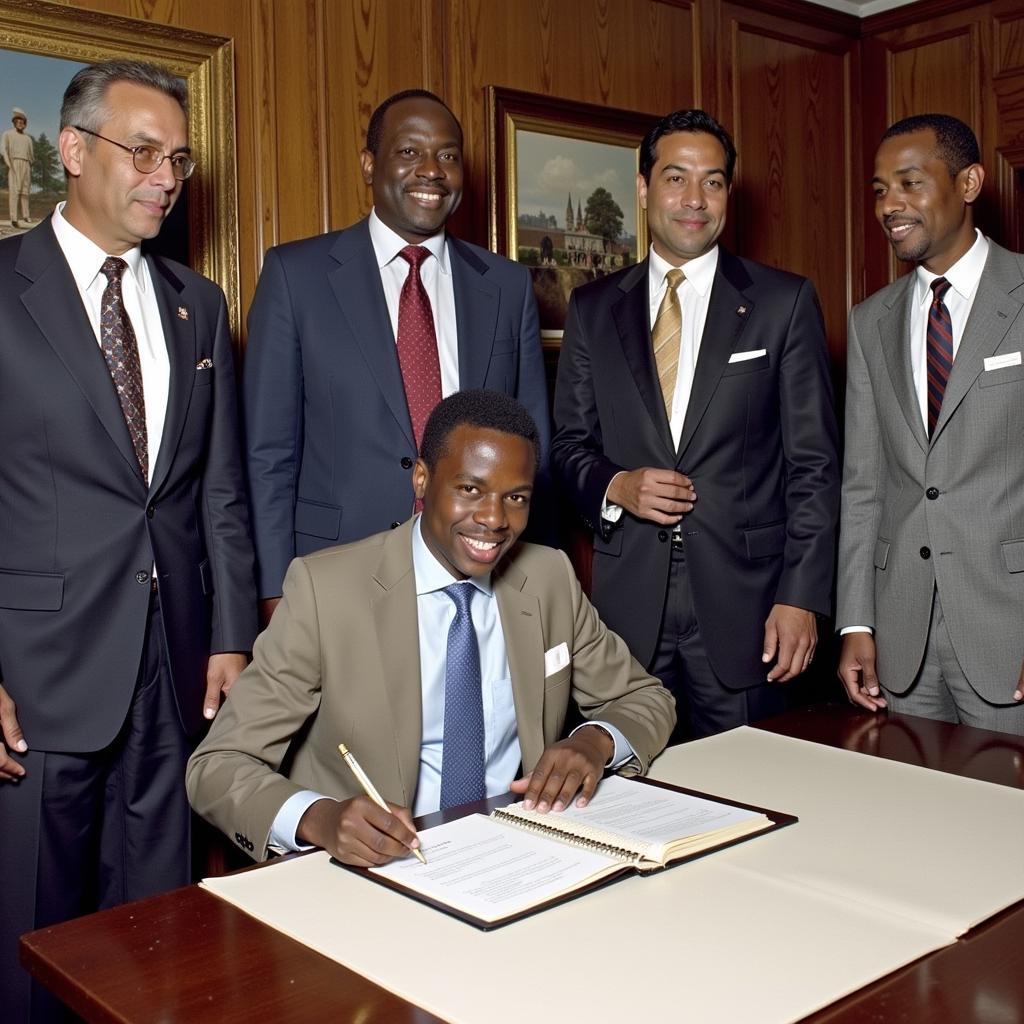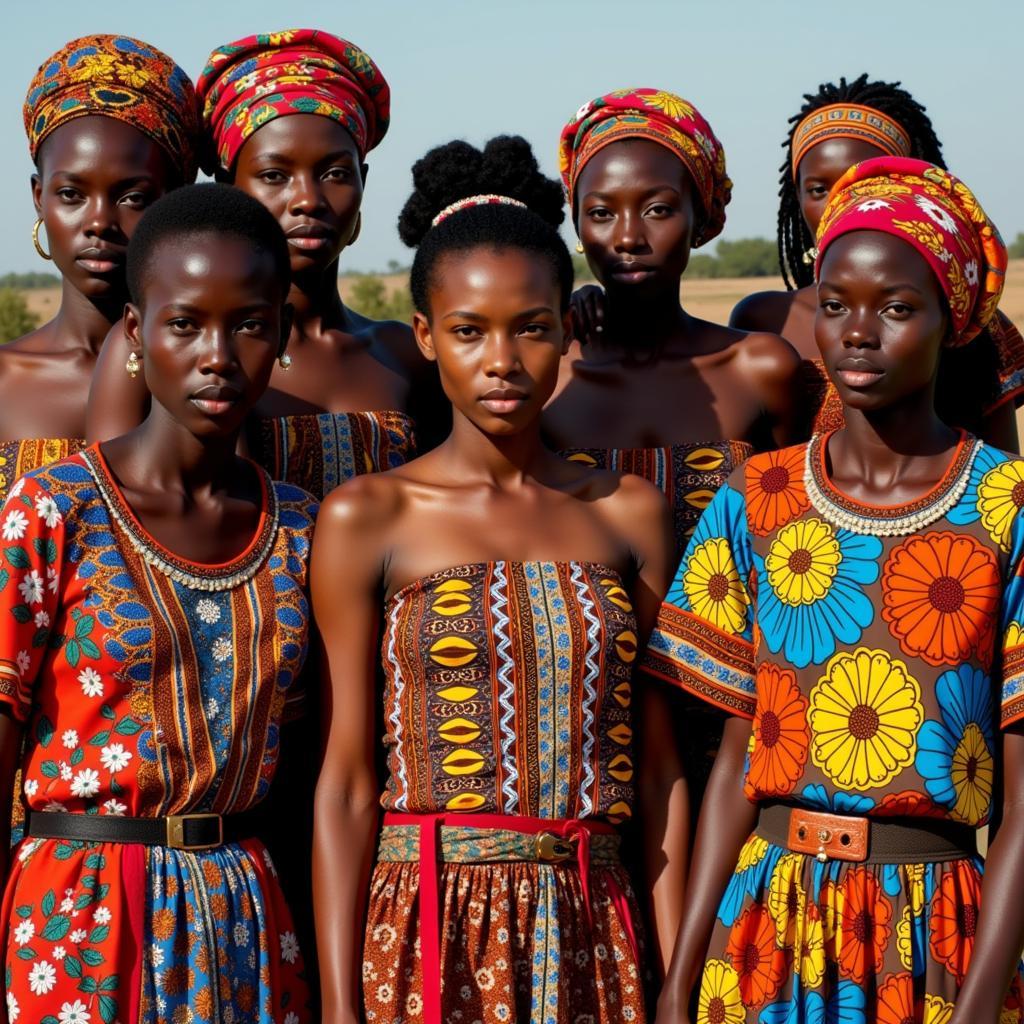Navigating the African Road: Understanding the Two-Wheeler Customer Journey
The roar of a motorcycle engine cutting through the bustling streets of Lagos, the steady hum of a scooter carrying goods to a remote village in Tanzania – two-wheelers are more than just vehicles in Africa; they represent freedom, opportunity, and progress. This article delves into the unique African customer journey when it comes to buying a two-wheeler, exploring the motivations, considerations, and trends shaping this vibrant market.
The Allure of Two-Wheelers in Africa
Across the diverse landscapes of Africa, two-wheelers have emerged as a dominant mode of transportation, particularly in densely populated urban areas and rural communities with limited infrastructure. This surge in popularity is driven by a confluence of factors:
- Affordability: Compared to cars, two-wheelers boast significantly lower purchase prices and running costs, making them an attainable aspiration for many.
- Fuel Efficiency: In a continent grappling with rising fuel prices, the exceptional fuel efficiency of two-wheelers offers a practical advantage.
- Maneuverability: Navigating through congested city streets or traversing rugged terrain is made easier with the agility and compact size of two-wheelers.
- Income Generation: From taxi services to delivery businesses, two-wheelers provide a readily available platform for entrepreneurial endeavors, empowering individuals and bolstering local economies.
The African Two-Wheeler Customer Journey: A Road Less Traveled
While the desire for personal mobility might be universal, the path to purchasing a two-wheeler in Africa is paved with unique considerations and influences:
1. Aspiration and Information Gathering
The journey often begins with aspiration. Potential buyers, often young adults entering the workforce, see two-wheelers as a gateway to independence and economic opportunities. Information gathering in this digital age predominantly occurs online. Comparison websites, social media groups dedicated to motorcycle enthusiasts, and online forums buzz with reviews, comparisons, and advice, guiding prospective buyers.
2. Brand Loyalty and Word-of-Mouth
Brand loyalty runs deep in the African market. Japanese brands, known for their durability and reliability, often hold a legacy advantage. Word-of-mouth marketing thrives, with recommendations from family, friends, and fellow riders carrying significant weight. This underscores the importance of building trust and cultivating a strong brand reputation through community engagement and after-sales service.
3. Financing Options and Affordability
For many, purchasing a two-wheeler is a significant financial decision. Access to traditional financing options, such as bank loans, can be limited. This has fueled the rise of innovative financing models, including:
- Pay-as-you-go schemes: These allow riders to gradually pay for their motorcycles through daily or weekly installments, making ownership more accessible.
- Savings groups: Informal community-based savings groups, deeply ingrained in African culture, provide another avenue for individuals to pool resources and achieve their two-wheeler aspirations.
4. The Dealership Experience
The interaction at the dealership plays a crucial role. Buyers seek personalized advice, often prioritizing factors like fuel efficiency, durability, and after-sales service over purely aesthetic considerations. The availability of spare parts, reliable mechanics, and the dealership’s reputation for fair dealing are crucial decision-making factors.
The Road Ahead: Trends Shaping the Future
- Rise of E-mobility: Electric motorcycles and scooters, offering cost savings and environmental benefits, are gaining traction, particularly in urban areas.
- Increased Digitalization: From online research and purchase to mobile payment solutions, digitalization is transforming every stage of the customer journey.
- Growing Female Ridership: More women are embracing two-wheelers for their independence and convenience, creating a new segment of discerning customers.
Conclusion: Riding Towards the Future
Understanding the unique nuances of the African customer journey in the two-wheeler market is essential for manufacturers and businesses alike. By acknowledging the aspirations, challenges, and evolving preferences of this dynamic market, stakeholders can tailor their products, services, and marketing strategies to better serve the needs of African consumers, driving growth and empowering communities across the continent.
FAQs
1. What is the average cost of a motorcycle in Africa?
The price of a motorcycle in Africa varies greatly depending on the brand, model, engine capacity, and country. Entry-level motorcycles can start from as low as $500, while more powerful and feature-rich models can exceed $2,000.
2. Are there specific safety regulations for motorcycle riders in Africa?
Yes, most African countries have regulations mandating the use of helmets and other safety gear. However, enforcement can vary, and it’s crucial for riders to prioritize their safety by adhering to traffic rules and practicing safe riding habits.
3. What are some popular motorcycle brands in Africa?
Japanese brands like Honda, Yamaha, and Suzuki enjoy widespread popularity due to their reputation for reliability and readily available spare parts. Other prominent players include Bajaj, TVS, and Hero from India, known for their affordability.
Need Help with Your Two-Wheeler Journey?
Contact us today! We’re here to answer your questions and connect you with the right resources.
Phone: +255768904061
Email: kaka.mag@gmail.com
Location: Mbarali DC Mawindi, Kangaga, Tanzania
Our dedicated customer support team is available 24/7 to assist you.



